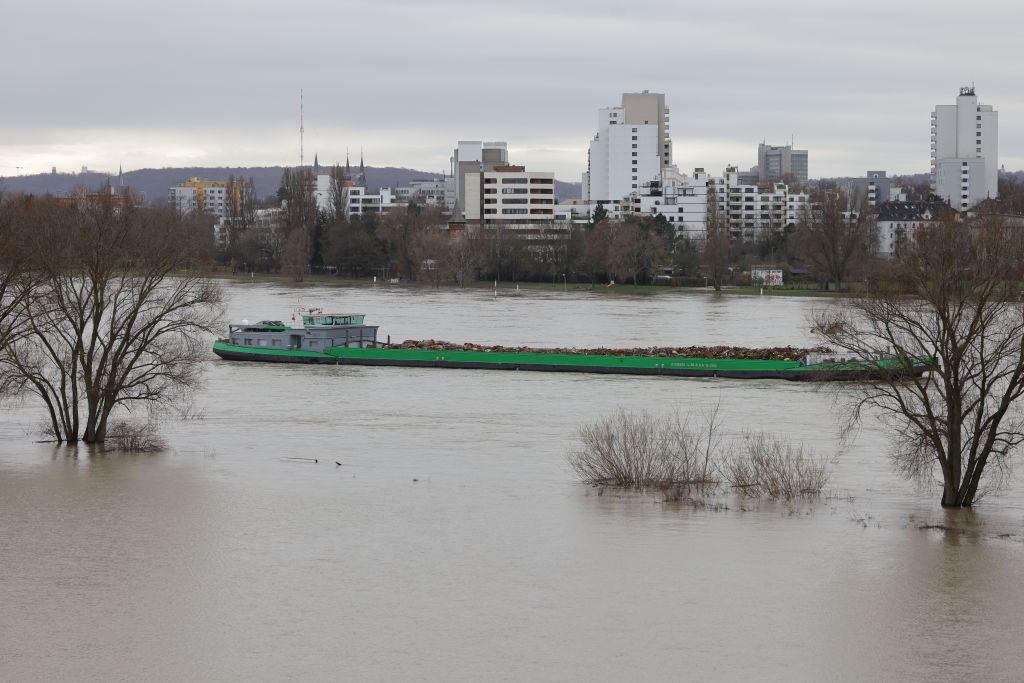Lesbos, Greece.
Close to the Turkish the small island of Lesbos tackles a wide number of challenges, dealing with issues in the present, past, and future.
Sitting only around 20km from Turkey, the island has been on the frontline of the ongoing migration and refugee crisis into Europe.
Most recently a boat carrying an unknown number of immigrants navigated stormy seas, reached the Vareia area under the Aegean University in Mytilene.
The incident occurred on January 23, 2024, at 9:50, defying adverse weather conditions. Authorities are actively searching for the individuals, estimating up to 40 people may be involved.
Meanwhile, in order to deal with the ongoing and even increasing number of arrivals, Minister of Migration and Asylum D. Kairidis announced the extension of contracts for workers in the Asylum and Reception Identification Service until the end of 2024.
Recognizing their significant contribution, the minister highlighted plans for the programming period 2021-2027, with contracts running until the end of 2029, supported by EU funding.
However, skepticism prevails among Lesbos residents regarding the EU future approach to migration.
Arthur Hovansian, a supermarket owner, expressed concern, stating, “You see them bringing small children to the shop… that’s what hurts, they are human beings. Anyone who has a child understands and hurts.”
Konstantinos Karamanolis, a resident of Panagiouda, criticized the uneven distribution of migrants, saying, “the European Union has done its duty regarding funding. However, the same does not apply to the distribution of migrants. There are countries that have not taken in any refugees, and this is not fair.”
As the community and local authorities in Lesbos try to deal with preserving the island’s past.
The Northern Aegean Region has initiated an open electronic tender for the “Utilization of Georgiadis Mansion,” a project with an estimated cost of €2,000,000 + VAT.
The restoration aims to preserve the historically significant building while adapting its interior for new cultural uses.
The ground floor will feature multi-purpose spaces for artistic expression, including exhibitions, theater, music performances, and more. The first floor will house additional exhibition spaces, a meeting area, and a lending library. The attic will be allocated for accommodation.
The bidding process for the restoration project has concluded, with 8 bids submitted by economic entities. These proposals, each vying to transform the mansion into a vibrant Cultural Center, will be meticulously evaluated by the competition’s committee.
The project signifies the region’s commitment to revitalizing the Georgiadis Mansion into a hub for cultural activities in Mytilene and Lesbos.
Meanwhile, associations on Lesbos look to island’s future, as they fight to preserve their shell-fish grounds.
The Agricultural Fisheries Association “O Makar” advocates for the exclusion of the Gulf of Kalloni from General Spatial Planning, opposing potential privatization and ecosystem disruption.
Citing the Gulf’s natural potential for oyster and fish farming, the association calls on relevant ministries and authorities to safeguard the area from aquaculture interventions that could jeopardize its unique ecosystem.
With over 500 tons of oysters caught annually, the association highlights the Gulf’s significance for sustainable fisheries.





